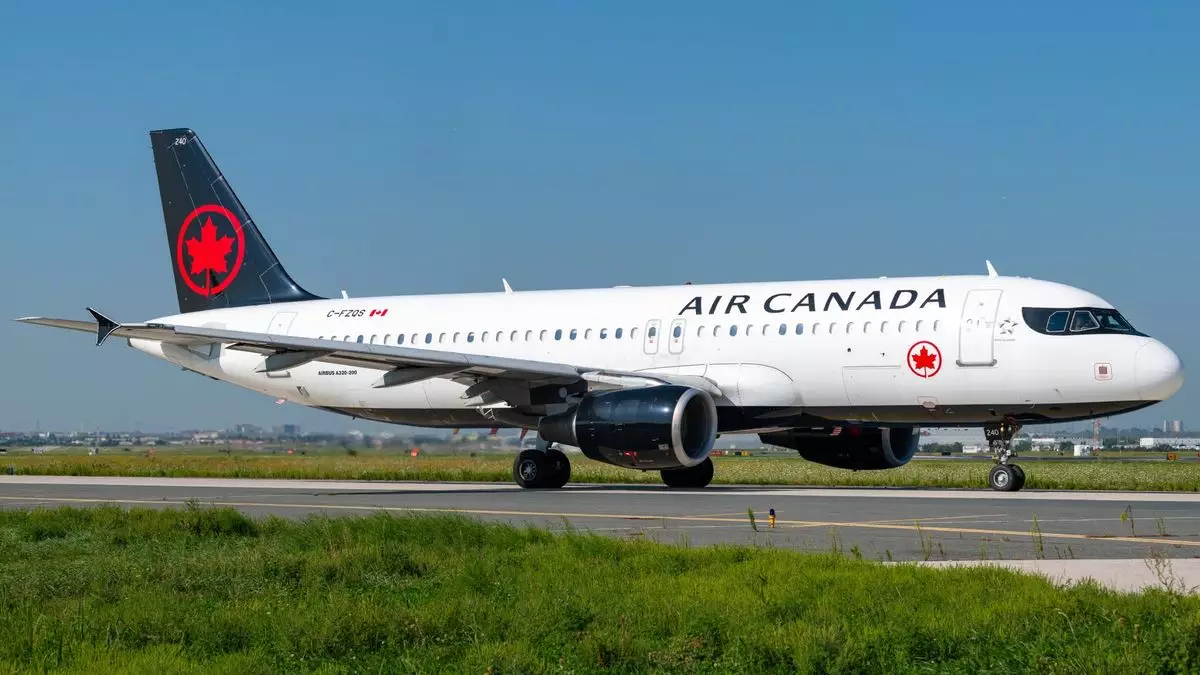The ongoing labor dispute between Air Canada and its pilots’ union, the Air Line Pilots Association (ALPA), has reached a critical juncture. With both parties at an impasse in negotiations, there is a looming threat of a strike or lockout. The situation has escalated to a point where the airline has announced its plans to start winding down operations as early as Sunday, in anticipation of a potential work stoppage. This move would involve a gradual shutdown of flights, starting with the cancellation of vacation-package flights and the grounding of some aircraft.
The core issue in the dispute appears to be the stark differences between the demands of ALPA and the position of Air Canada. The airline has accused ALPA of making wage demands that exceed average Canadian wage increases, labeling them as unreasonable. On the other hand, ALPA has criticized Air Canada for failing to present serious proposals during negotiations and accused the airline of expecting pilots to accept below-market compensation, despite the company’s record profits. This lack of consensus has led to a breakdown in talks and heightened tensions between both sides.
Should a strike or lockout come to pass, it would have a significant impact on Air Canada’s operations and customers. The airline estimates that approximately 110,000 customers would be affected daily by the disruption, highlighting the scale of the potential crisis. Passengers holding tickets for canceled flights would be entitled to refunds, but finding alternative travel options could prove challenging due to limited availability on other carriers. Air Canada has been making preparations to secure space on other airlines in case of flight cancellations, but the overall situation remains uncertain.
In light of the escalating conflict, Air Canada has hinted at seeking governmental intervention to resolve the dispute. The carrier has indicated that it may request the Canadian government to step in, similar to a previous intervention in a labor dispute involving freight train workers. This move underscores the seriousness of the situation and the need for external mediation to achieve a resolution. Additionally, the airline has highlighted that once an agreement is reached with ALPA, it would take a significant amount of time, estimated at seven to 10 days, to resume normal operations.
The labor dispute between Air Canada and its pilots’ union has reached a critical stage, with both parties locked in a standoff over key issues. The looming threat of a strike or lockout has prompted the airline to announce plans for winding down operations, raising concerns about the potential impact on customers. Government intervention may be necessary to facilitate a resolution, but the path to a mutually acceptable agreement remains uncertain. As the clock ticks down to the end of the cooling-off period, the fate of Air Canada’s operations hangs in the balance.

